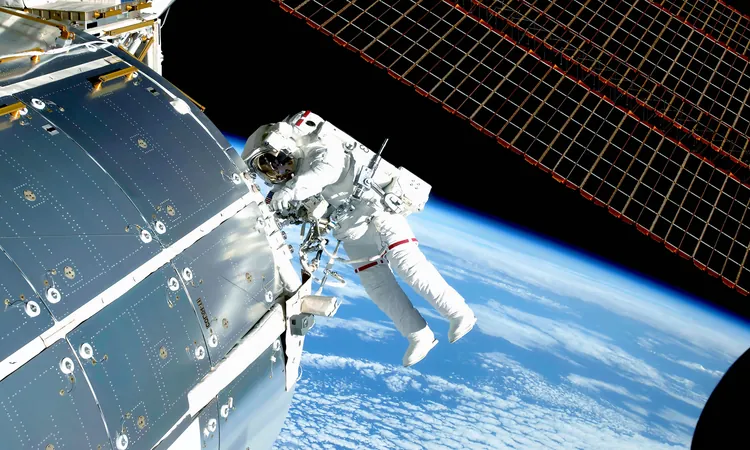
Astronauts Embark on Groundbreaking Search for Living Microbes Outside the Space Station
2025-01-29
Author: Arjun
The Quest for Microbial Survivors
The ISS External Microorganisms project sets the stage for a scientific expedition aimed at detecting and analyzing living microbes that may be hitching rides on our spacecraft. Understanding how these organisms endure extreme conditions is essential for planetary protection and future exploration processes. As astronauts prepare for spacewalks, they will be sampling regions near the life support system vents, where researchers suspect microorganisms may escape into the cosmos.
These microorganisms, often referred to as “extremophiles,” showcase remarkable adaptability that not only piques scientific interest but also holds applications across various fields on Earth, including medicine and agriculture. The research team hopes to unravel how these tiny life forms not only survive but may also reveal secrets regarding life on other celestial bodies like the Moon and Mars.
A Microbial Monitoring Revolution
Onboard monitoring of microbial populations within the ISS has been a key focus for researchers striving to maintain astronaut health. The meticulous collection of air and surface samples over time allows scientists to track how microbes evolve under microgravity conditions. Recent advancements now enable astronauts to identify microbial strains directly in space, eliminating the need to return samples to Earth for analysis.
While the ISS maintains a commendably clean environment, the introduction of microbes through human activities is an inevitable challenge. Ongoing studies highlight the need for better contamination control systems, especially as we prepare for future deep-space missions.
The Human-Microbe Connection in Space
Despite rigorous sterilization protocols, astronauts’ microbiomes continue to influence the microbial environment within the spacecraft. The persistence of these microbial hitchhikers calls into question the effectiveness of current contamination control methods, particularly on extended missions. Understanding how these organisms interact with their unique environment is crucial for both astronaut health and mission success.
The implications of this research may extend to the design of crewed spacecraft, including enhancements in life-support systems, air filtration, and even the construction of astronauts' suits destined for exploration of potentially life-supporting surfaces on Mars or beyond.
Why Microbial Research Matters
The knowledge gained from this experiment could have profound effects on future space missions. As humanity ventures deeper into the cosmos, it's vital to ensure that our explorations do not unintentionally introduce Earth-based microbes into alien ecosystems. The research not only strives to protect other celestial environments but also aims to enhance our understanding of life’s resilience beyond our planet.
Exploring the microscopic frontier of space offers a treasure trove of insights, potentially redefining our perception of life itself. As scientists delve deeper into the quest for microbial hitchhikers, they may unlock new pathways for understanding the limits of life, both on Earth and beyond. Are we prepared for the profound implications of what these tiny organisms could teach us about our universe? The countdown to discovery has begun!
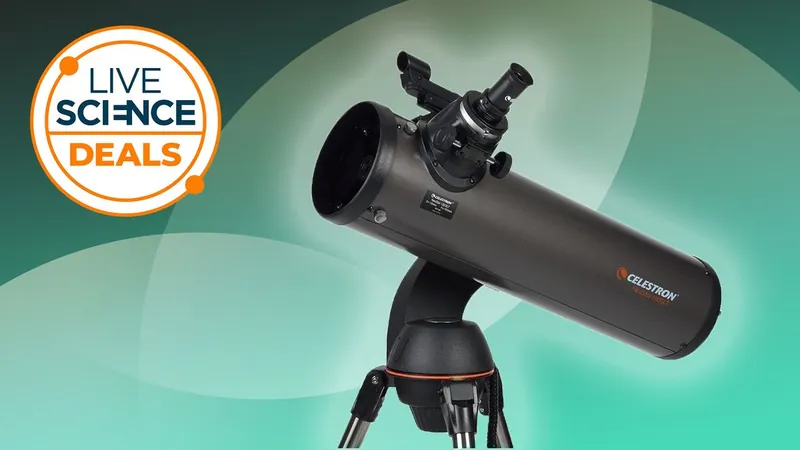
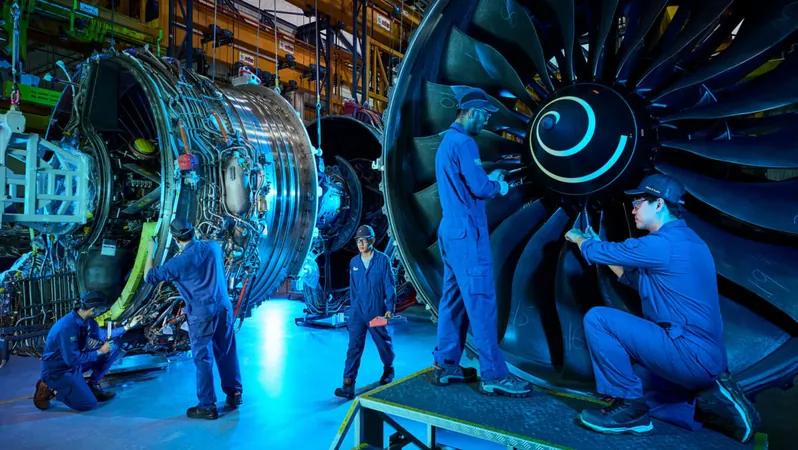

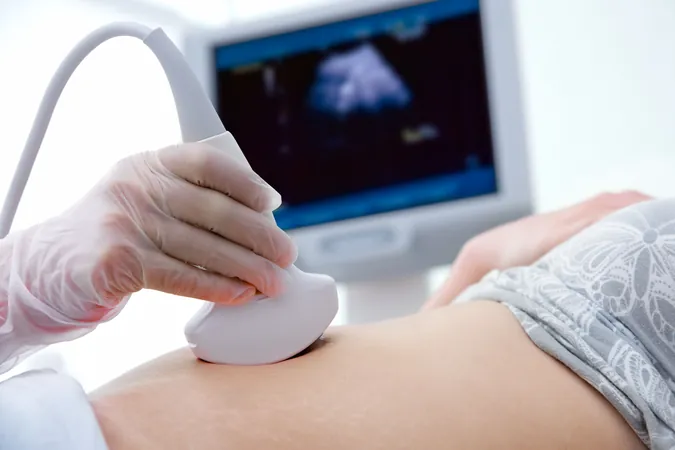
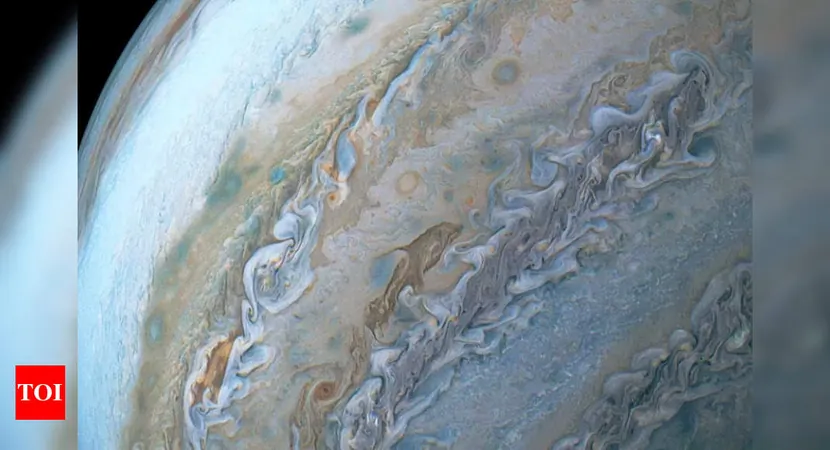
 Brasil (PT)
Brasil (PT)
 Canada (EN)
Canada (EN)
 Chile (ES)
Chile (ES)
 Česko (CS)
Česko (CS)
 대한민국 (KO)
대한민국 (KO)
 España (ES)
España (ES)
 France (FR)
France (FR)
 Hong Kong (EN)
Hong Kong (EN)
 Italia (IT)
Italia (IT)
 日本 (JA)
日本 (JA)
 Magyarország (HU)
Magyarország (HU)
 Norge (NO)
Norge (NO)
 Polska (PL)
Polska (PL)
 Schweiz (DE)
Schweiz (DE)
 Singapore (EN)
Singapore (EN)
 Sverige (SV)
Sverige (SV)
 Suomi (FI)
Suomi (FI)
 Türkiye (TR)
Türkiye (TR)